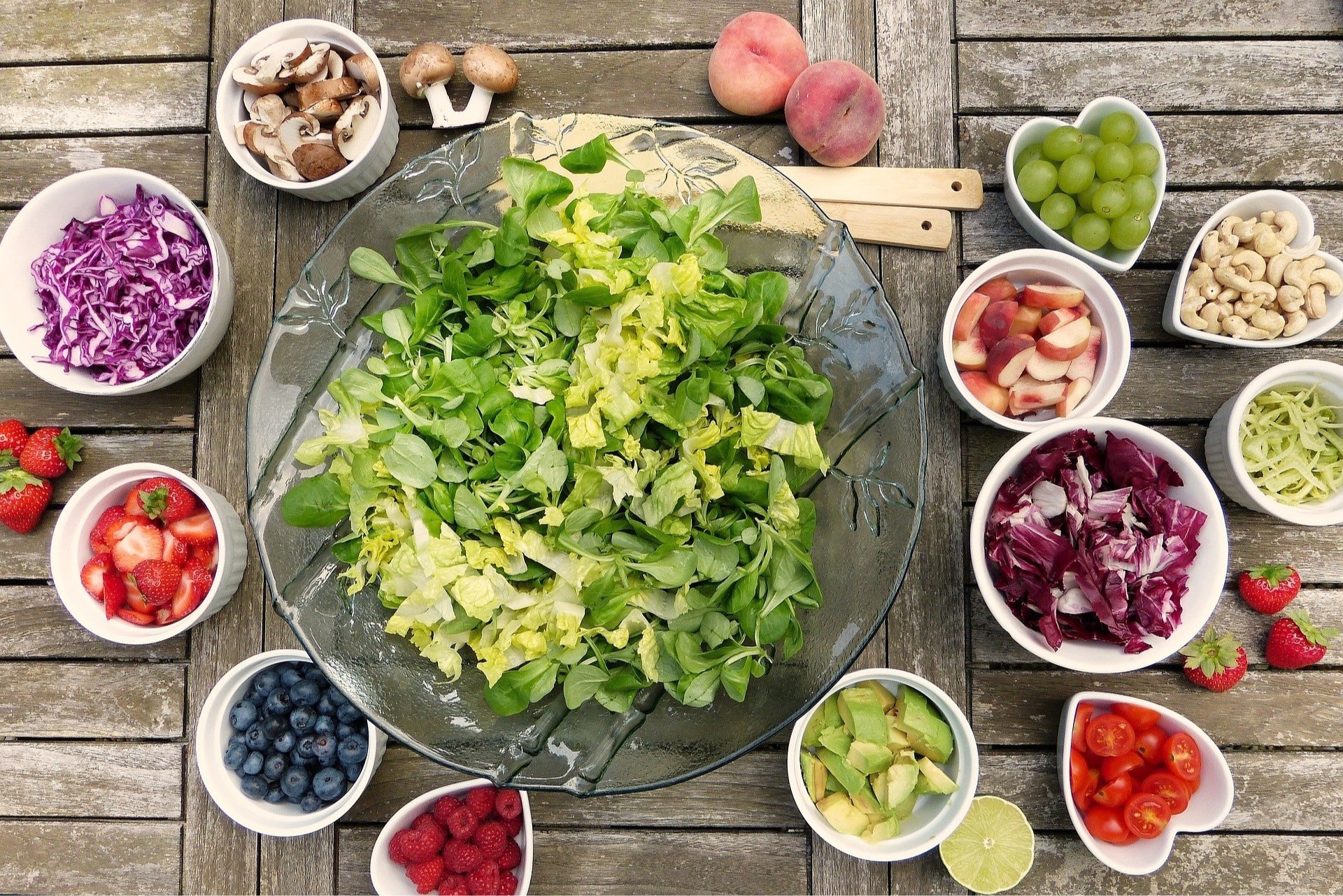Foods for Eye Health
By InSight Vision Group - February 24, 2022
When it comes to protecting your vision, what you are eating may impact what you are seeing. The same balanced and nutritious diet that helps your heart and body also impacts your eyes positively. Research has been published on various nutrients that demonstrates mounting evidence that certain foods may reduce our risks for dryness, cataracts, and age-related macular degeneration.
Omega-3 fatty acids: The retina needs two types of omega-3 fatty acids to work right: DHA and EPA. You can find both in fatty fish, such as salmon, tuna, and trout, as well as other seafood. Research has additionally been published to suggest low levels of these fatty acids have been linked to dry eyes.
Flaxseed, flaxseed oil, halibut, salmon, sardines, tuna, and walnuts
Lutein, zeaxanthin: Lutein is one of two major carotenoids found in the human eye (macula and retina). It is thought to function as a light filter, protecting the eye tissues from sunlight damage. Zeaxanthin helps build a yellow-colored pigment shield to protect the eye cells from the harmful effects of certain light sources, such as the sun. These plant-based forms of vitamin A lower your risk of long-term eye diseases, including age-related macular degeneration and cataracts.
Broccoli, Brussels sprouts, collard greens, corn, eggs, kale, nectarines, oranges, papayas, romaine lettuce, spinach, and squash.
Vitamin C: Vitamin C forms collagen, a protein that provides structure to your eyes. Observational studies suggest that this vitamin may protect against cataracts and help prevent the progression of AMD. Heat will break down vitamin C, so go raw with foods packed with this nutrient when you can.
Bell peppers, broccoli, cantaloupe, kale, kiwi, nectarines, oranges, papayas, strawberries, and tomatoes.
